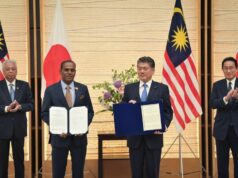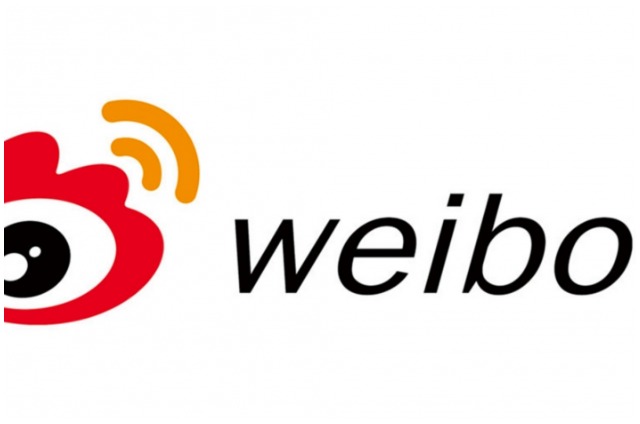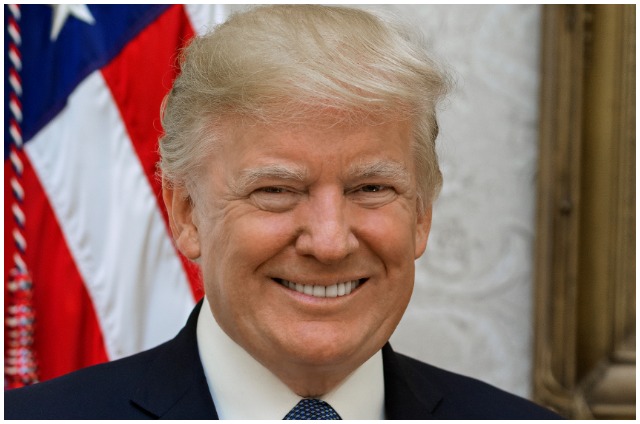Seoul (dpa) – Leaders of South Korea, Japan and China met in Seoul on Sunday for their first three-way discussions in more than three years.
Relations between the regional powers have been strained by disputes over issues including their World War II past, and more recent friction over territory and resources in the East China Sea.
“The trilateral cooperation mechanism is back on track,” said Japanese Prime Minister Shinzo Abe on the sidelines of the summit with Chinese Premier Li Keqiang and South Korean President Park Geun Hye.
South Korean President Park Geun-hye (C) holds a joint press conference today with Japanese Prime Minister Shinzo Abe (L) and Chinese Premier Li Keqiang after a trilateral summit at the presidential office Cheong Wa Dae in Seoul, South Korea. The summit is aimed at repairing relations strained from historical and territorial issues.
The trio agreed to advance negotiations on a common free trade agreement, expand exchange programmes, and advocate the resumption of multi-party talks on North Korea’s nuclear activities, they said in a statement after the talks.
They will move forward together “facing history squarely and advancing toward the future,” the statement said.
It made no mention of long-standing disputes, namely the China-Japan row over the control of a group of uninhabited islands in the East China Sea, as well as South Korea and China’s charge that Japan has tried to cover up wartime atrocities, including the forcing of women to serve Japanese soldiers as sex slaves.
Li was in South Korea for the first time since taking office in 2013.
He arrived on Saturday to meet with Park, and the two “exchanged frank opinions on the situation on the Korean Peninsula,” South Korea’s Yonhap News Agency reported, citing the president’s office.
Park requested that China, a traditionally ally of North Korea, “play a constructive role” and try to use its influence to get Pyongyang to drop its nuclear weapons development programme, it said.
Park and Li also witnessed the signing of deals on exporting South Korean manufacturing robots, rice and samgyetang – a ginseng chicken soup – to China, its largest trade partner, the report said.
China agreed to send two pandas – a token of significant diplomatic goodwill – to South Korea, to be housed in Samsung’s Everland amusement park complex.
The two countries also agreed to share data regarding the yellow dust that blows from from China’s arid and industrial north across to South Korea and Japan.
In a bilateral meeting with Abe on Monday, Park was expected to announce Seoul’s desire to join the Trans-Pacific Partnership, a free trade initiative involving Japan and 11 other Pacific Rim economies, Kyodo news agency reported, quoting an unnamed source.











